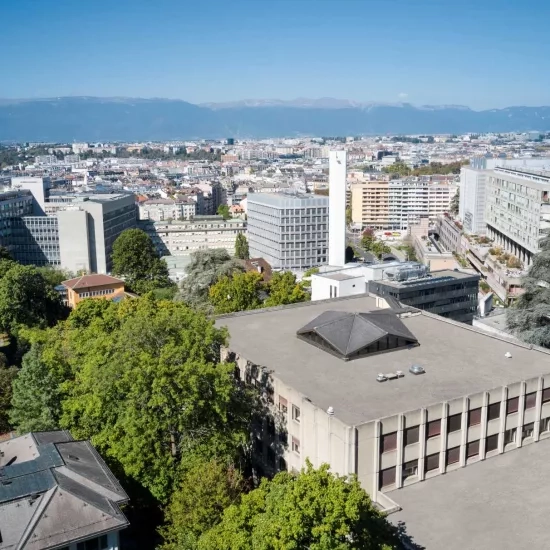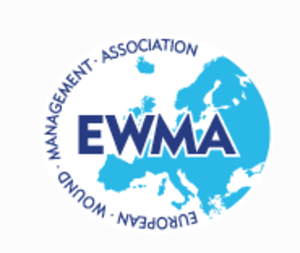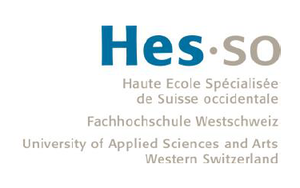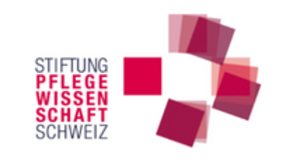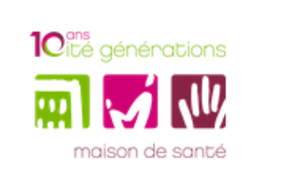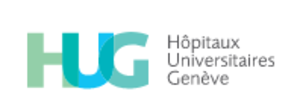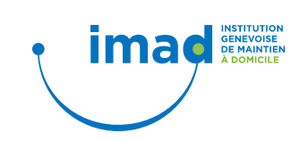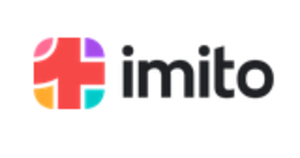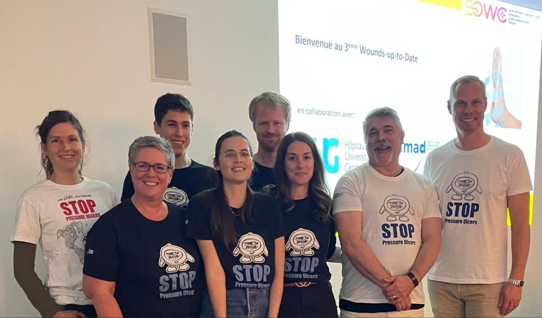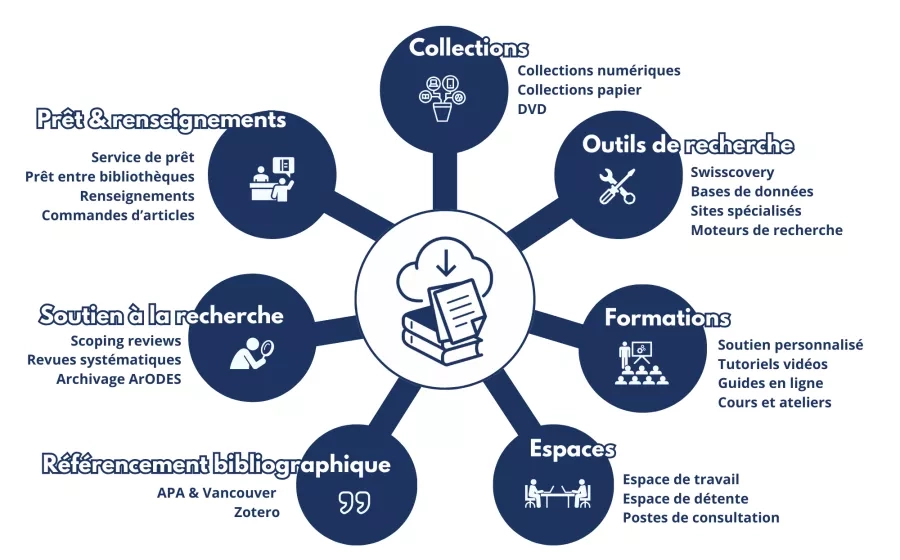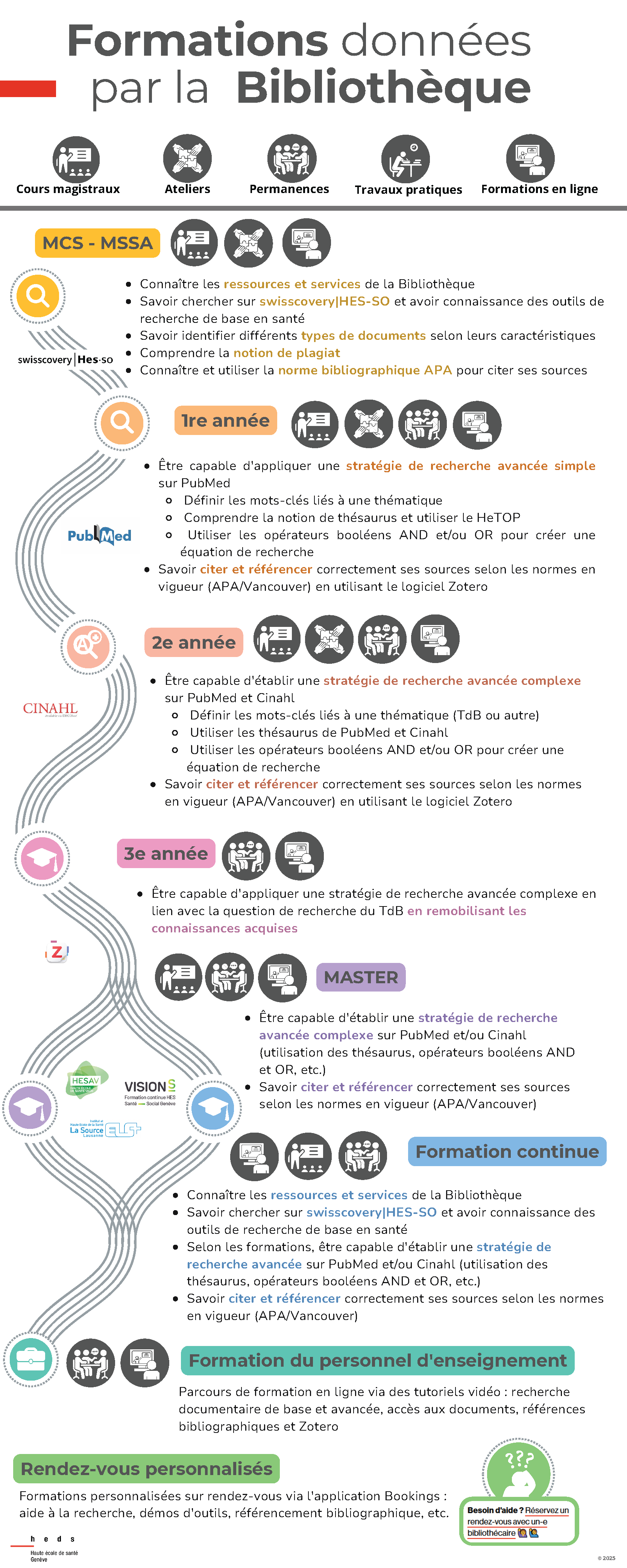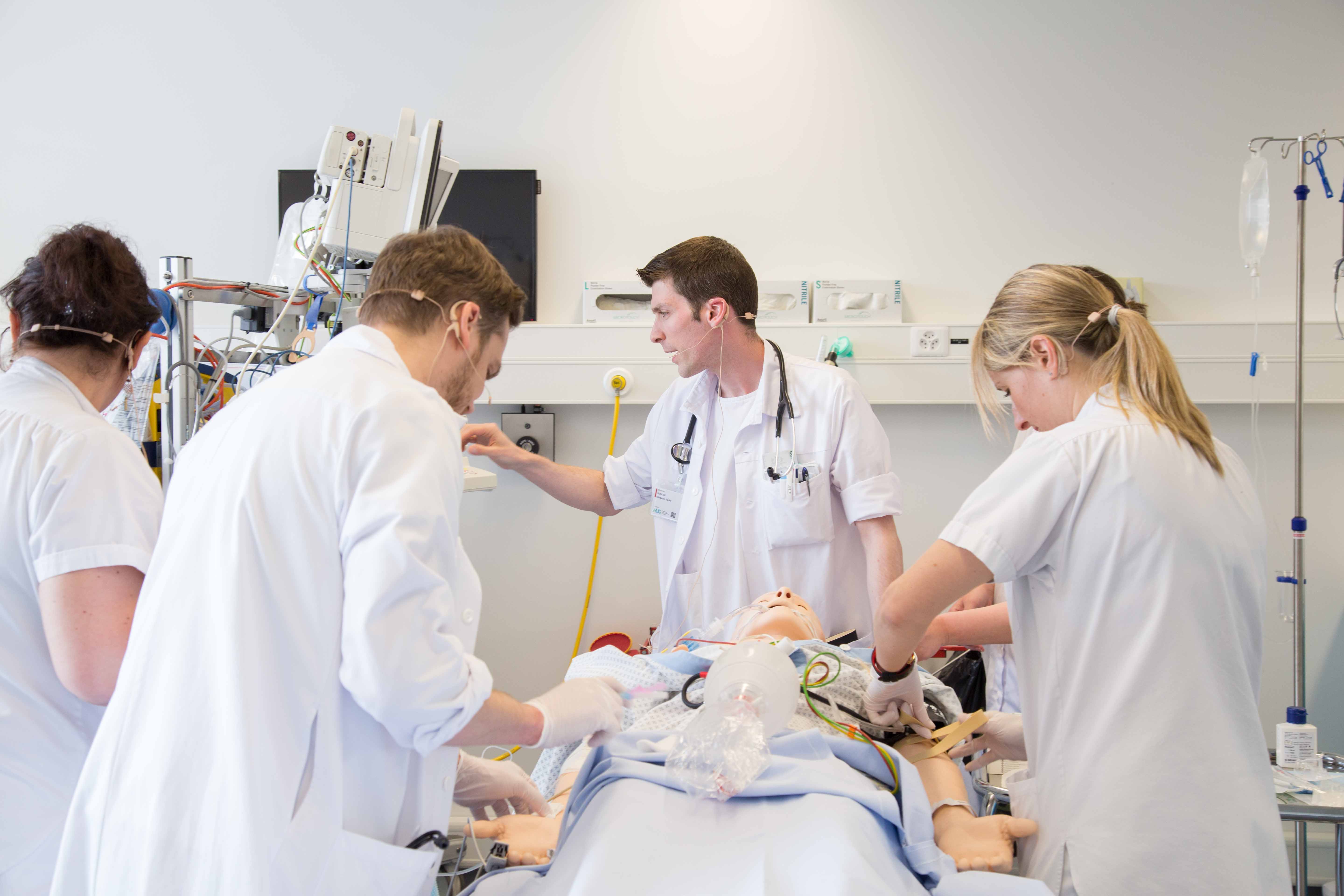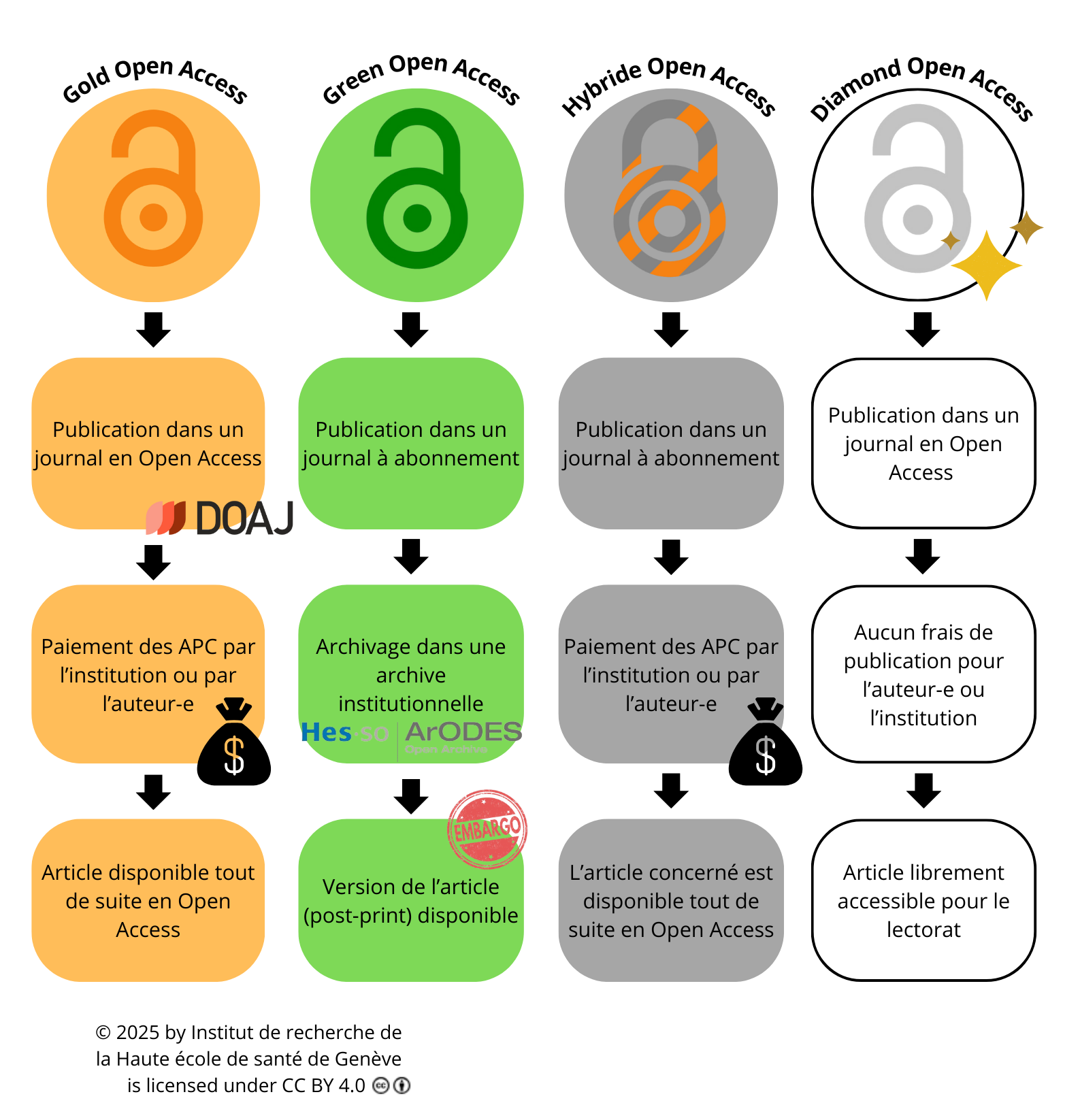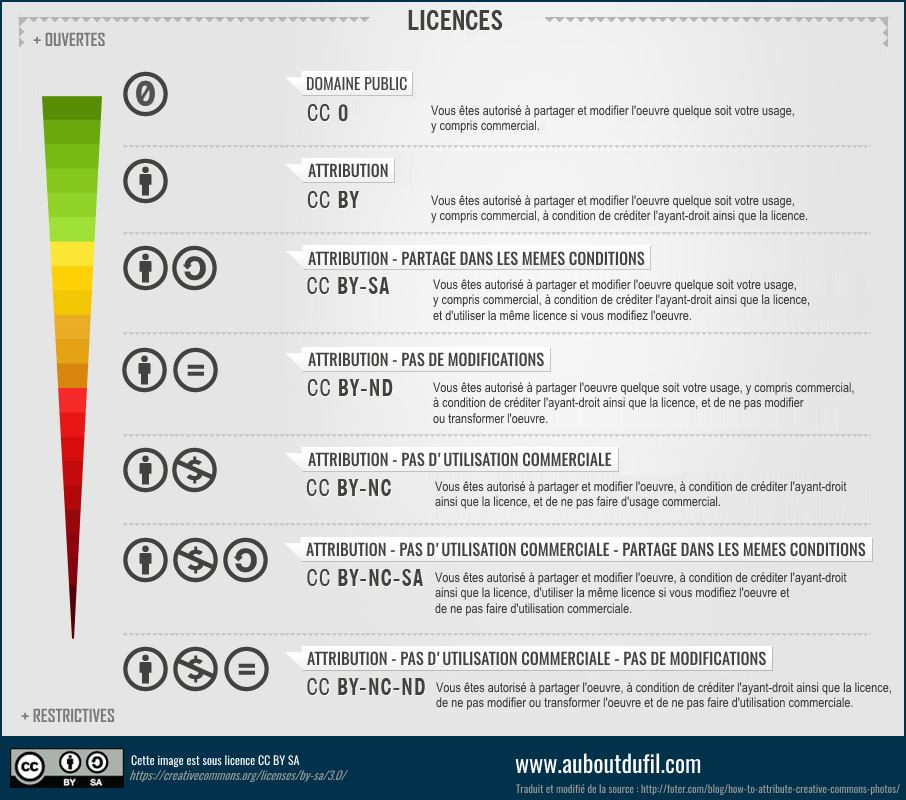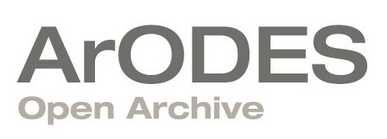Visible Body
Domaine couvert : anatomie humaine.
Type de données : atlas, images, ...
Attention : nécessité de créer un compte pour l'utilisation. Le compte personnel doit être créé sur un réseau autorisé (poste informatique de la HEdS-Genève) et être confirmé tous les 150 jours par une connexion sur ce même réseau. Une fois connecté·e à votre compte personnel, vous recevez aussi un courriel avec un lien d'accès à Visible Body, ce qui vous permet d'accéder à l'outil directement depuis un ordinateur hors réseau HEdS-Genève. En cas de besoin, merci de vous adresser à la Bibliothèque.
Web of Science
Domaines couverts : sciences, sciences sociales, arts et lettres, recherche des références citées
Type de données : articles
Guide d'utilisation (HEdS)
Factiva
Domaines couverts : presse internationale (y compris Le Temps, 24-Heures, La Tribune de Genève, L’Hebdo etc.), profils financiers d'entreprises
Type de données : articles
Guide d’utilisation (HEG)



